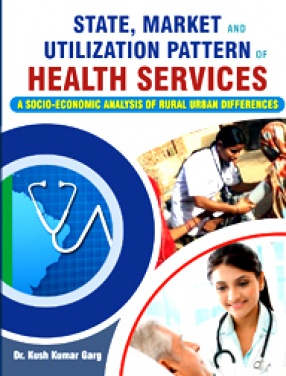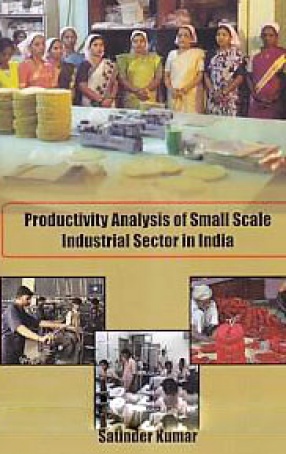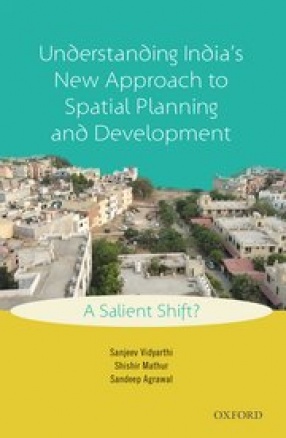Public health services especially in underdeveloped countries generally stand for providing quality treatment at low/zero cost against the diseases/illnesses and preventing occurrence of diseases/illnesses through creating facilities like immunization, safe drinking water and sanitation, etc. These services are an important catalyst of a wide-ranging development of the economy on the one hand, and may lead to a favourable redistribution of income and equalization of opportunities among different sections of the society on the other. Moreover, the continuously increasing cost of health care coupled with the growth of egalitarian dimensions, i.e. all people should have an equal access to health facilities, has spurred economist and other social scientists to study health services from different angles. Growing significance of health services and related aspects have become a topic of widespread interest and research among economists.
This book entitled "State, Market and Utilization Pattern of Health Services: A Socio-Economic Analysis of Rural Urban Differences" analyses various characteristics of the households and its members which throw light on the socio-economic, demographic and other factors that influence the health status of the people. This book helps in understanding the role of public and private sector in providing health services to the households in Punjab. It analyses the utilization pattern of health services, determinants and cost of treatment incurred by the households in Punjab. It also examines the inequities in the utilization patterns of health services and treatment costs among different categories of households (low, medium and high) and locations (rural and urban). Further, it throws light on general awareness, variations in the perception of diseases and treatment among the socio-economic groups and residential areas.





There are no reviews yet.